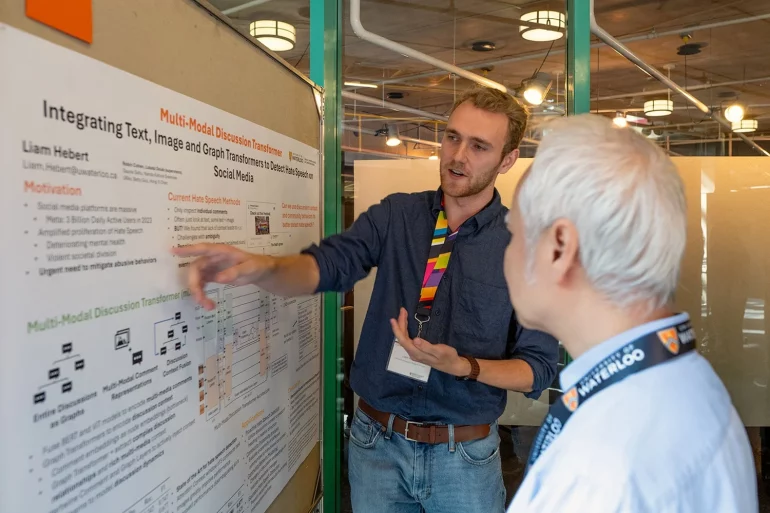- The rise of social media has amplified the spread of hate speech, necessitating advanced detection models.
- Traditional models often fail due to biases in their datasets, particularly in non-Western contexts.
- SGHateCheck, developed by SUTD, addresses these gaps by focusing on Singapore and Southeast Asia.
- SGHateCheck uses large language models to translate and refine test cases into four critical languages of the region.
- The tool includes over 11,000 culturally relevant test cases, offering a precise platform for evaluating hate speech.
- SGHateCheck’s regional focus ensures more accurate detection and moderation, with plans to expand its language coverage.
Main AI News:
The rapid growth of the internet and social media has revolutionized content creation, enabling both positive and negative expressions, including the spread of hate speech—communications that target individuals based on ethnicity, religion, or sexual orientation.
Hate speech detection models are crucial in moderating online content and identifying and categorizing harmful speech. However, traditional evaluation methods often fail to capture the complexity of hate speech due to inherent biases in the data.
Addressing these limitations, Assistant Professor Roy Lee from the Singapore University of Technology and Design (SUTD) and his team introduced SGHateCheck, an AI-powered tool tailored to Singapore and Southeast Asia’s unique linguistic and cultural context. Building on frameworks like HateCheck and Multilingual HateCheck (MHC), SGHateCheck was designed to detect hate speech more accurately in this specific region.
SGHateCheck uses large language models (LLMs) to translate and adapt test cases into Singapore’s four main languages—English, Mandarin, Tamil, and Malay. These test cases are then refined by native speakers to ensure cultural relevance, resulting in a comprehensive dataset of over 11,000 annotated cases. This innovation provides a robust platform for evaluating hate speech detection models with regional specificity, including nuances like Singlish.
Unlike broader frameworks, SGHateCheck’s focus on local contexts ensures a more precise and relevant tool for Southeast Asia. The research also found that LLMs trained on multilingual datasets deliver more balanced and accurate hate speech detection, highlighting the importance of culturally diverse data in model training.
SGHateCheck is poised to play a significant role in moderating online content across various Southeast Asian platforms, promoting a more respectful digital environment. Future plans include developing a content moderation application using SGHateCheck and expanding its coverage to other Southeast Asian languages, such as Thai and Vietnamese.
This initiative reflects SUTD’s commitment to combining advanced technology with thoughtful design, resulting in solutions that are not only technologically sophisticated but also culturally sensitive. Asst. Prof. Lee’s work with SGHateCheck underscores the importance of a human-centered approach in developing impactful technological innovations.
Conclusion: SGHateCheck represents a significant step forward in the market for online content moderation tools. By addressing Southeast Asia’s unique linguistic and cultural nuances, this technology is poised to enhance the accuracy and relevance of hate speech detection in a region that existing models have underserved. This development offers a valuable tool for maintaining a respectful and inclusive digital environment for businesses operating in Southeast Asia, which is increasingly important as the region’s digital economy grows. The expansion of SGHateCheck into additional Southeast Asian languages will further solidify its role as a critical asset for content moderation across diverse online platforms, making it an attractive proposition for companies looking to enhance their content governance strategies.

